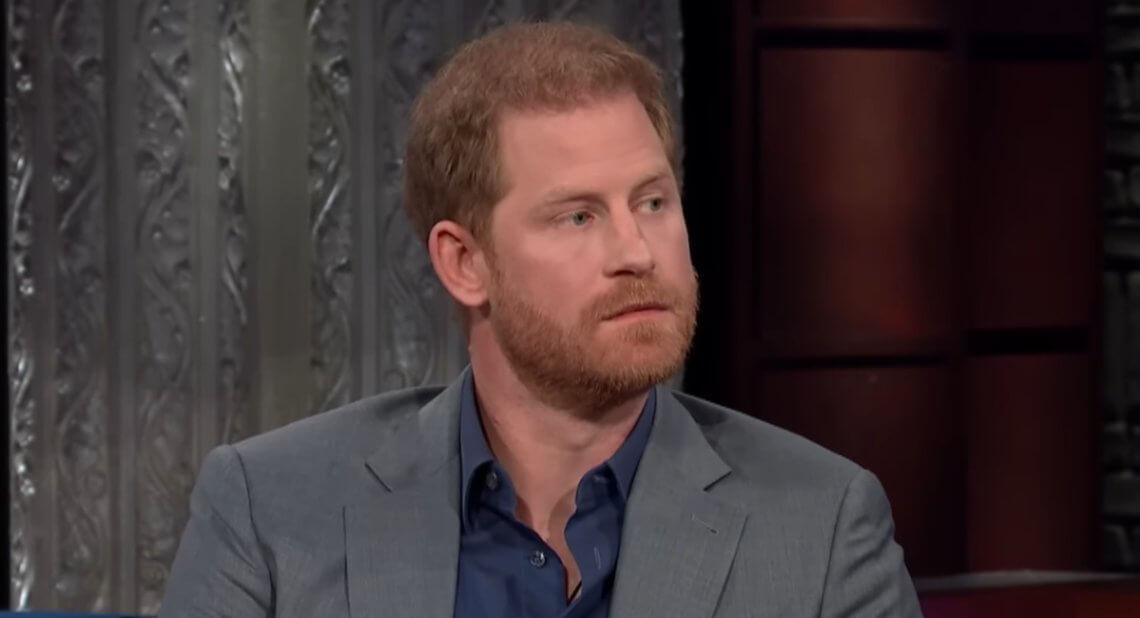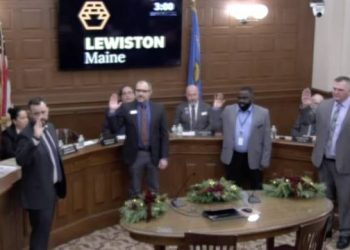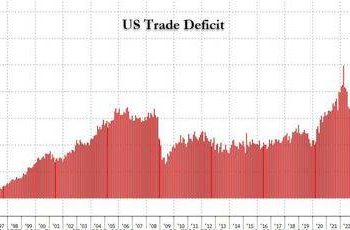After doing minimal press for his explosive tell-all “Spare,” Prince Harry is now acknowledging the backlash he has received to his book as he aims to reset the conversation.
“I certainly don’t see myself as a victim,” the Duke of Sussex told psychotherapist Dr. Gabor Maté in a discussion for Random House.
“I’m really grateful to be able to share my story in the hope that it will help, empower, encourage others. . . . And hopefully, let people understand that again, back to this human experience that we all in some shape or form, [are] all connected, especially through trauma,” he added.
“I do not and I have never looked for sympathy in this,” the prince reiterated.
Maté suggested that there were “two divergent streams of responses” to Prince Harry’s memoir: One seems hostile and views the prince as “wallowing in self-pity and presenting [himself] as a victim.” The other response has been from those who are “just so grateful that this is happening, ’cause they are craving an honest conversation about loss and grief and trauma and woundedness and healing.”
“For me, the experiences that I’ve had throughout my childhood, throughout my life, throughout my 38 years, albeit relatively short. . . . I’m not looking forward to becoming 40, that’s for sure. . . . But through those experiences and through the work that I have done for two decades now around mental health and mental illness, I’ve always felt as though sharing whatever I can of my story will help someone or some people out there,” Harry explained of why he wrote the book.
Despite some believing that he’s seeking sympathy, “Spare” was an opportunity for the prince to tell his story.
“There are people who have shared things of my life, outside my control, be it true or false. But to be able to share the things of my life that I think are important, for other people, it does, it feels good. But to me, it feels like an act of service,” he acknowledged.
Much of his book was a love letter to his mother, the late Princess Diana.
“One of the things I was most scared about was losing the feeling that I had of my mom. I thought that if I went to therapy that it would cure me, and that I would lose whatever I had left, whatever . . . I had managed to hold onto of my mother. And it turns out it wasn’t the case, I didn’t lose that,” he told Maté.
“It was the opposite, I turned, I turned what I thought was supposed to be sadness, to try to prove to her that I missed her, into realizing that actually, she really just wanted me to be happy. And that was a huge weight off my chest.”
In the book, the Duke of Sussex details learning of his mother’s tragic death, directly from his father, now King Charles.
“You’re alone in your room and your father comes in to tell you the news. He touches you on the knee I think, in an encouraging fashion and says ‘It’s going to be okay,’ and walks out. And you’re left on your own,” Maté says of the moment. “And what struck me in that passage, as in so many other passages in the book, is the lack of touching. The lack of a child being held.”
This is an excerpt only. Read the full story here.
 Telegram is where we really talk. Don't miss out!
Telegram is where we really talk. Don't miss out!







